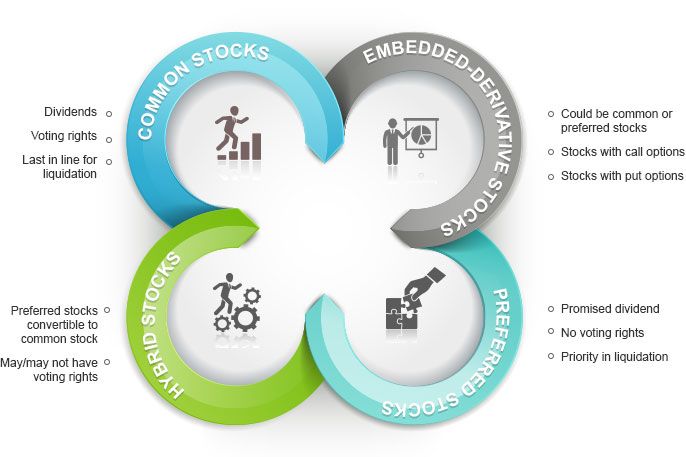Article
Part Payment vs Prepayment vs Pre-Closure: When Is It A Good Option?
Part Payment, Prepayment, and Pre-closure are different options for reducing or paying off loans ahead of the scheduled repayment period. Let's understand each option and when it can be a good choice:
-
Part Payment: Part payment refers to paying off a portion of the outstanding loan amount before the loan term ends. Borrowers have the option to make an additional payment beyond their regular monthly installments. The interest is recalculated based on the reduced principal amount, leading to potential interest savings over the remaining loan tenure.
When it's a good option: Part payment can be beneficial when you have some surplus funds, but not enough to fully prepay the loan. By making a lump-sum payment, you can reduce the interest burden and shorten the loan tenure without putting a strain on your finances.
-
Prepayment: Prepayment involves paying off the entire outstanding loan amount before the scheduled repayment period ends. This can be done in one large payment or in multiple payments over time. By prepaying, borrowers can save on interest payments that would have been due for the remaining loan tenure.
When it's a good option: Prepayment is suitable when you have a significant amount of money available, and the interest rate on the loan is relatively high. By paying off the loan early, you can save a considerable amount on interest expenses.
-
Pre-closure: Pre-closure is similar to prepayment but usually involves closing the loan account entirely after paying off the remaining balance. Some lenders may charge a pre-closure fee, also known as an early repayment penalty, to compensate for the lost interest due to early loan settlement.
When it's a good option: Pre-closure is beneficial when you have enough funds to completely repay the loan, and the pre-closure fee (if applicable) is not exorbitant. It allows you to free yourself from the debt burden and save on future interest payments.
Choosing the right option depends on various factors, such as:
- The amount of surplus funds you have available for repayment.
- The interest rate on the loan.
- The existence of pre-closure fees or penalties.
- Your financial goals and priorities.
Before making any decision, it's essential to review the loan terms and conditions and consult with your lender to understand any associated costs or penalties. Additionally, consider evaluating your overall financial situation, including emergency funds, other debts, and long-term financial goals, to make an informed choice that aligns with your financial well-being.





